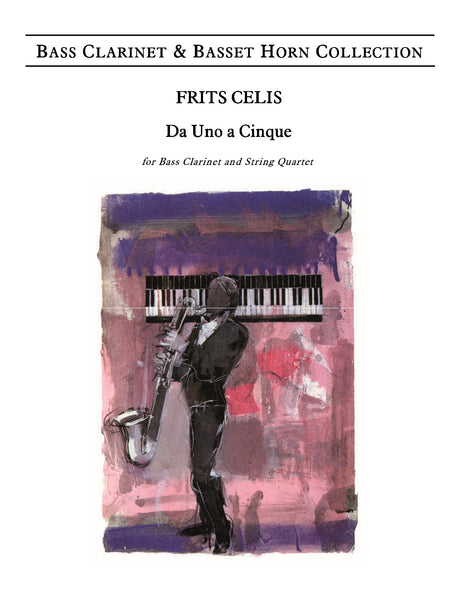Celis, Frits

Frits Celis was born in 1929 in Antwerp. He studied at the Royal Conservatories of Antwerp and Brussels, where he earned final diplomas in solfège, harmony, counterpoint, fugue, music history, harp and orchestral conducting. He then undertook further studies in conducting at the Mozarteum in Salzburg and at the Staatliche Hochschule für Musik in Cologne. In 1946 he began his musical career as a harpist in the orchestra of the former Royal Flemish Opera in Antwerp, a position that he held until 1954. In that year he won first prize in a competition for conductors, organised by the Théatre Royal de la Monnaie in Brussels. Shortly thereafter he was the sole prize-winner in a similar competition run by the then BRT (state broadcaster). Because of his love for opera, he chose to work at the Théatre de la Monnaie in Brussels, where he was conductor until 1959. After this he became conductor and music director at the Royal Flemish Opera in Antwerp, functions that he also held from 1981 to 1988 at the former Flemish Opera in Antwerp and Ghent. As a guest opera-[?]conductor he appeared in the Netherlands, France, Germany, the Czech Republic, Slovakia, Spain and the United States. He also appeared many times as concert conductor. In 1960 Frits Celis was appointed solfège teacher at the Royal Conservatory in Antwerp, where he was also appointed transposition teacher 12 years later. As a composer, Frits Celis is known for his songs, choral works, chamber music and orchestral works, which have been performed in many European countries, the United States and Japan. He has also been commissioned to write works for the BRT and the Flanders Festival. In 1992, SABAM (composers’ and performers’ organisation) awarded him the Fuga Trophy, in recognition of his many years of work for Belgian music. Since 1989 he has concentrated almost exclusively on composition, which has increased the size of his oeuvre considerably since that time. At present almost all his works are commissions, for symphonic ensembles, chamber music groups and choirs.
Frits Celis composes not only for himself but aims primarily to reach a motivated and informed audience: “the goal is to be heard”. He believes that not only the listener but also the contemporary composer himself must bear some responsibility for the creation of the infamous gulf between them: contemporary music that is in the first place cerebrally conceived is often experienced as cacophonous and chaotic, even by the serious music lover. Seen from this perspective, Celis prefers an accessible lyricism and in no way rejects consonance as an expressive medium within his atonal sound world. Nonetheless, his artistic integrity never falls prey to any kind of commercialism. At the same time, he avoids experimentation for its own sake, based on a belief that this seldom speaks to the sincere and well-disposed listener.













